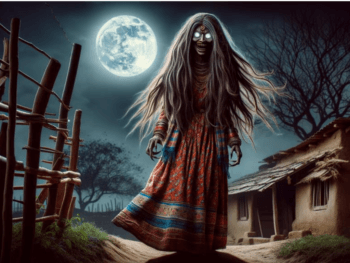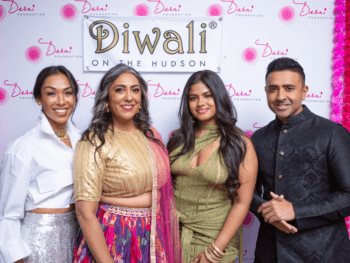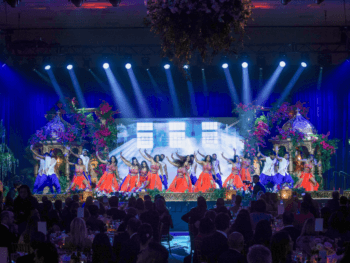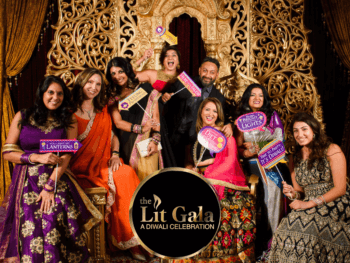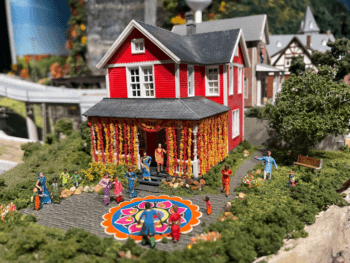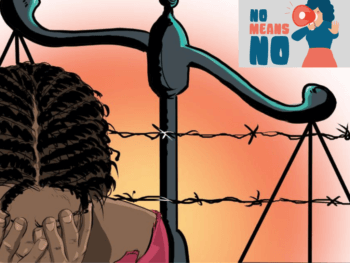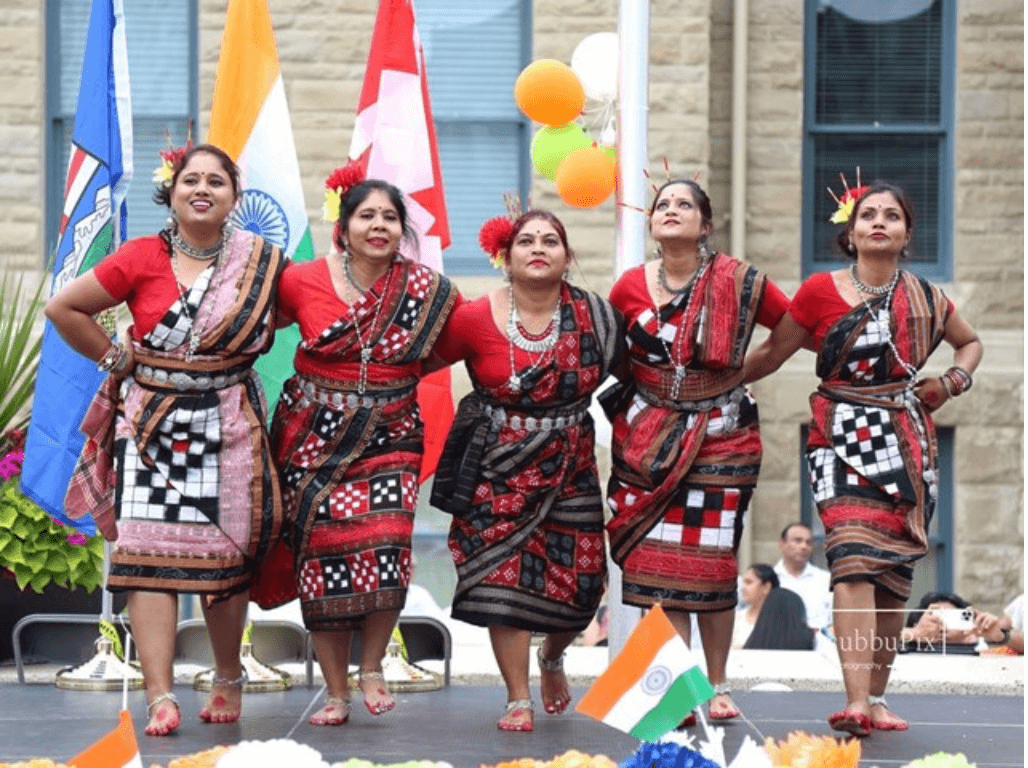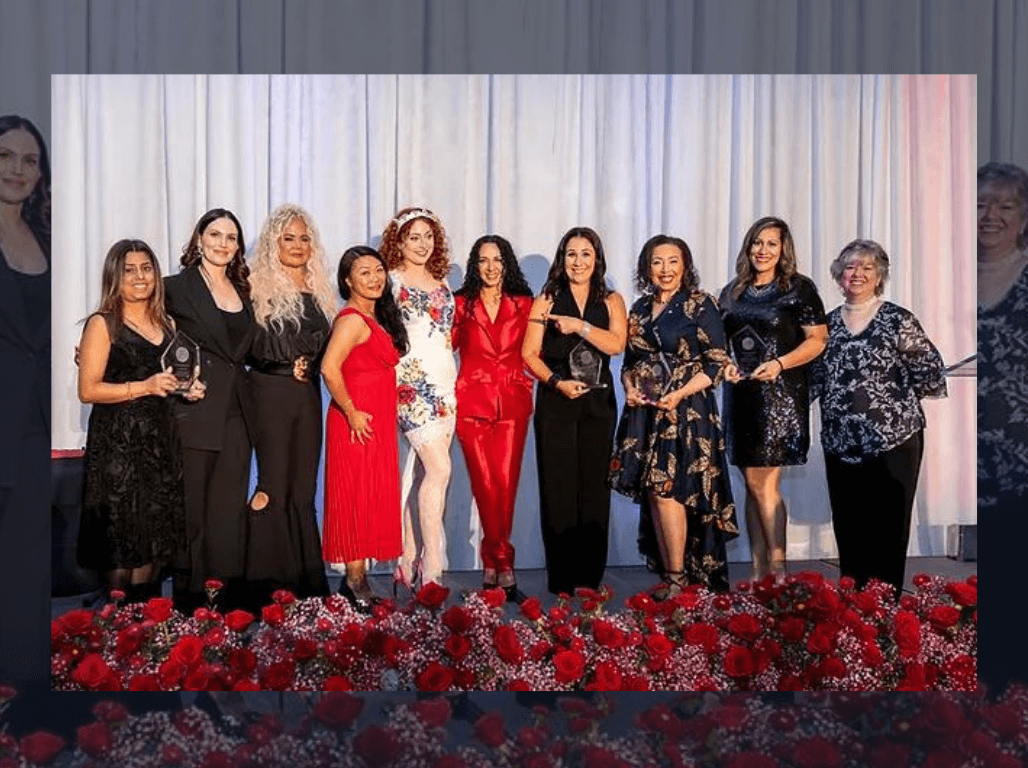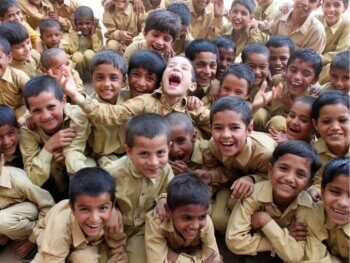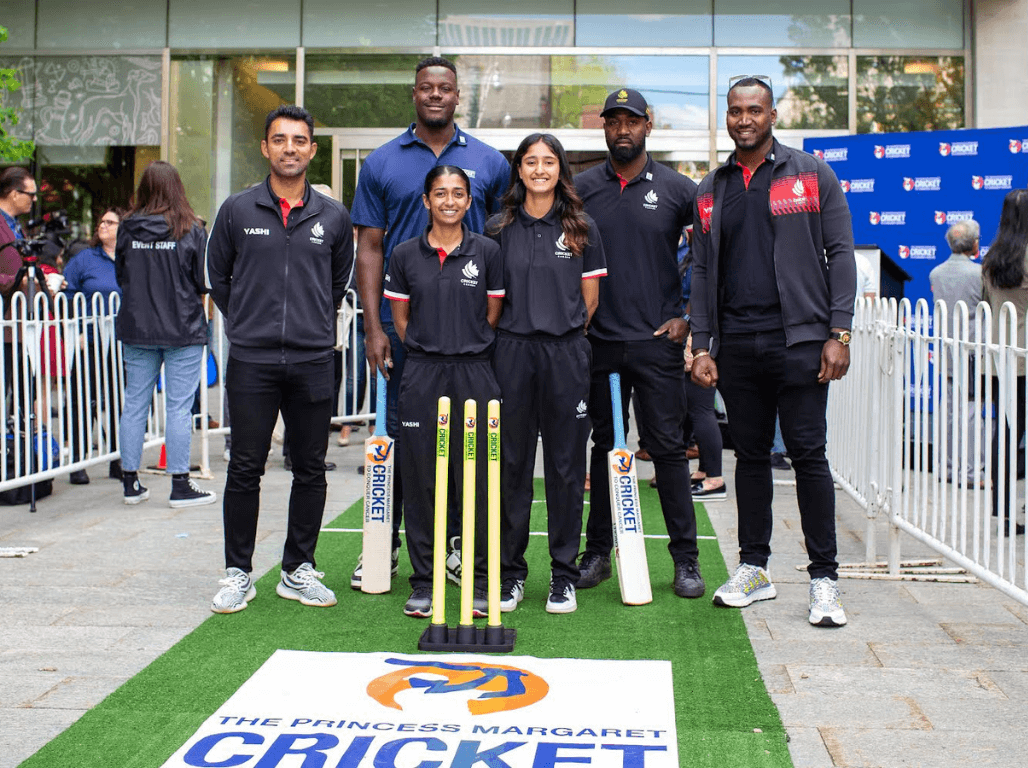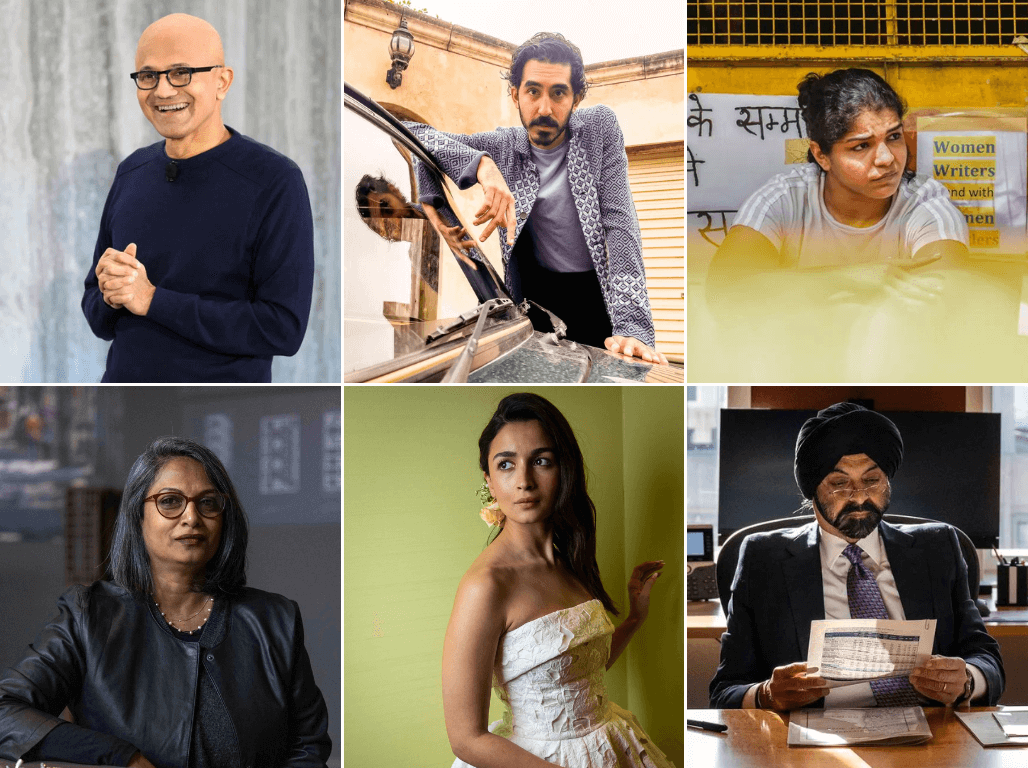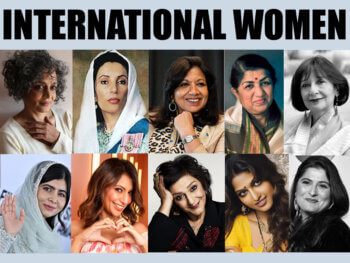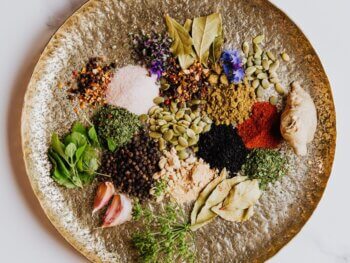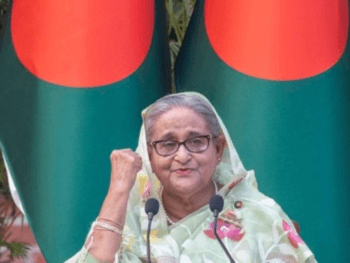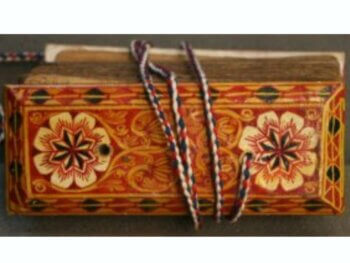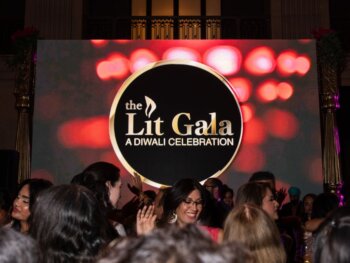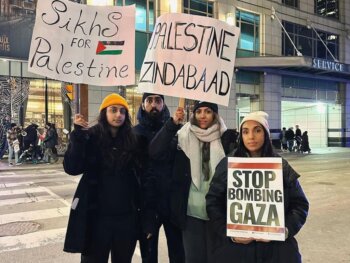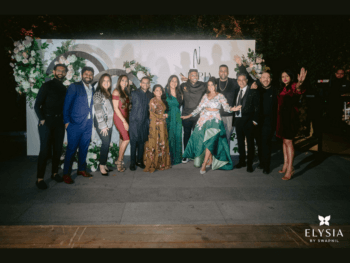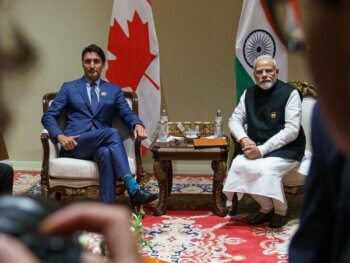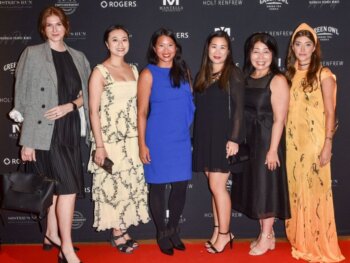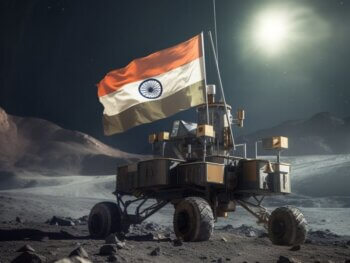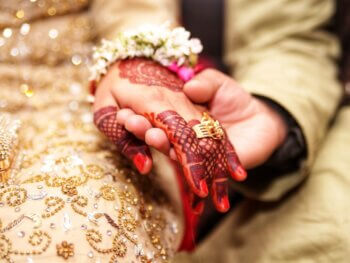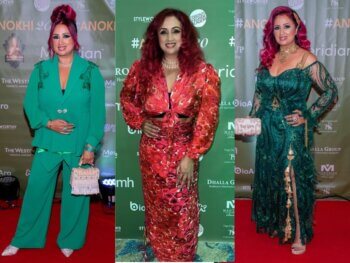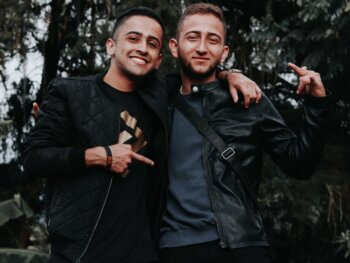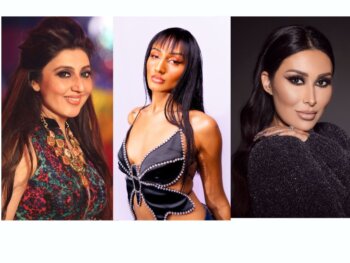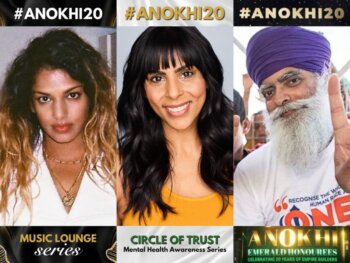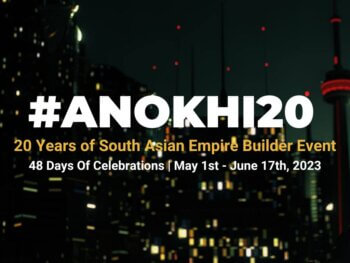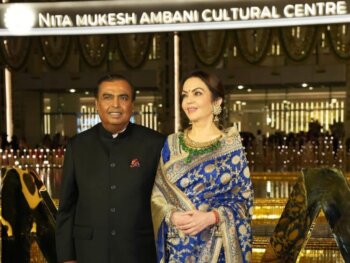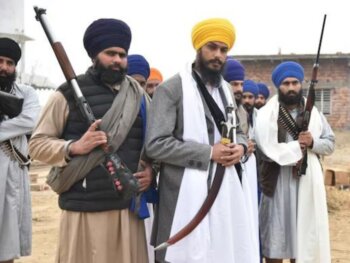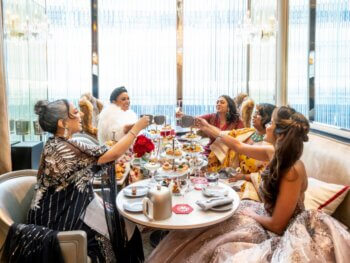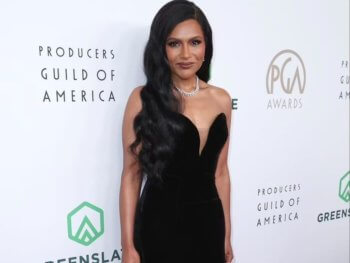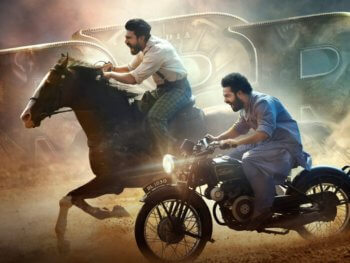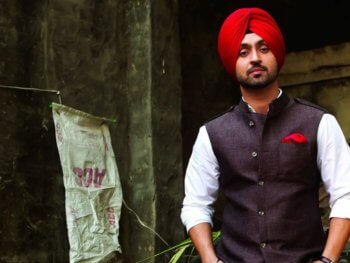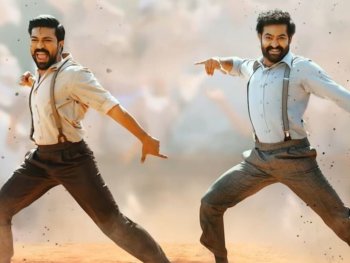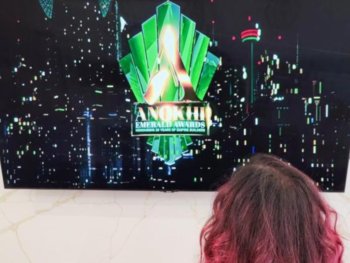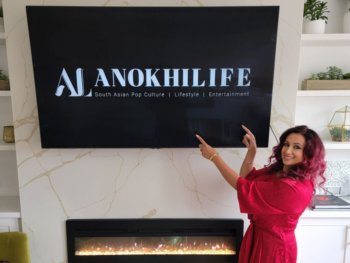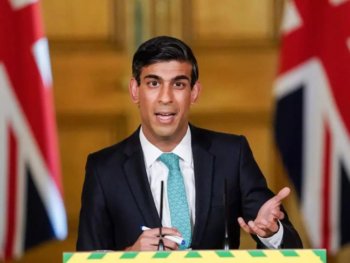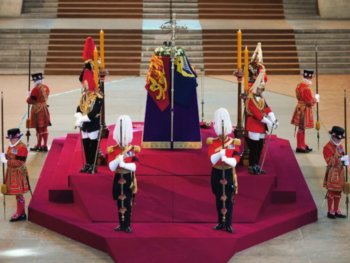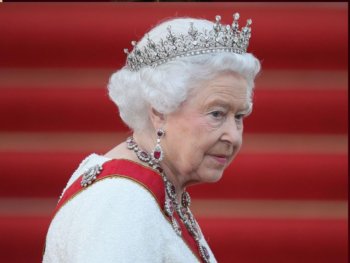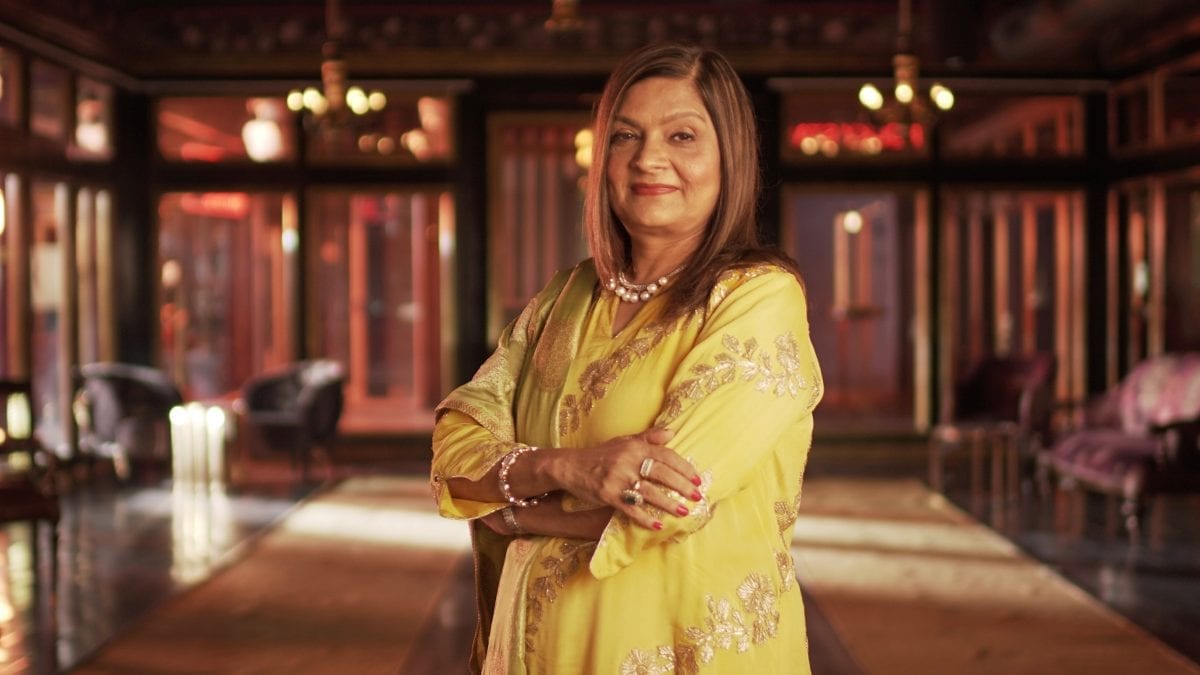
What Pisses Me Off! Netflix’s Reality Series “Indian Matchmaking” Shows That Shadism & Classism Is Alive & Well In 2020
Culture Jul 20, 2020
I checked out the new Netflix show Indian Matchmaking realized that when it came to hoping for more diversity, representation and seeing more of “me” onscreen, this show ain’t it. Who was it really made for?
WHAT PISSES ME OFF: Netflix’s Reality Series Indian Matchmaking Shows That Shadism & Classism Is Alive & Well In 2020
Not only was it at the behest of my friend who texted me about this show that she found “interesting”, it was the reactions on Twitter, which truly caught my attention and drove me to start streaming the show to see what all the fuss was all about.
The latest offering by the streaming giant is Indian Matchmaking. A Netflix Original Series, has us peering into the world of “elite” matchmaker Sima Taparia. Based in Mumbai India, she’s on the search to find the best matches for our various Millennial clientele.
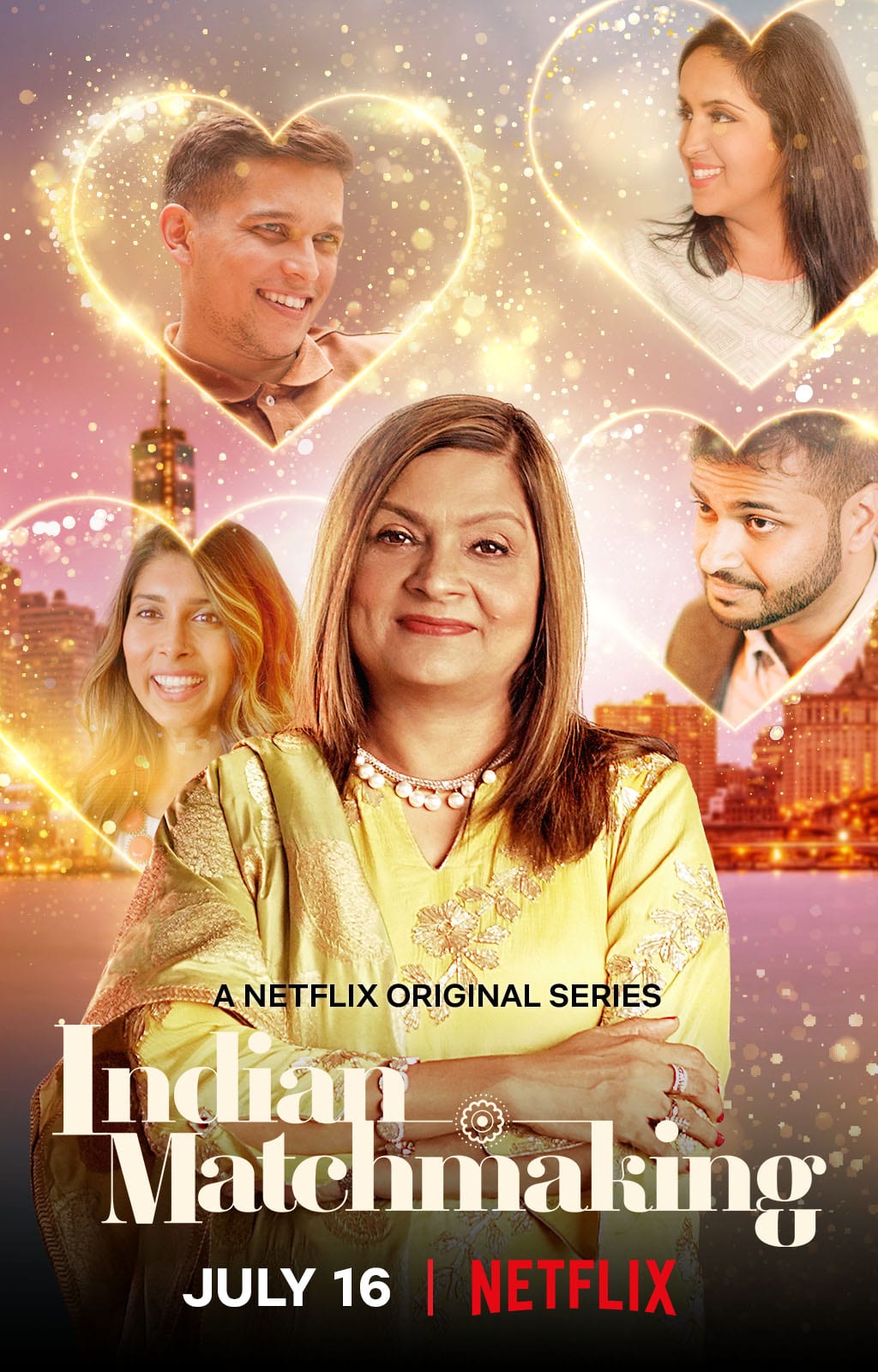
These group of Millennials (who all are successful in their respective careers) are looking for love and have exhausted every other route to marriage available to them. The apps, online dating platforms as well as being introduced through friends and family were all busts. Now they want to rethink their approach and try a more traditional route to the alter/Mandap. The general consensus among the six that are featured in this 8-part series is that the clock is ticking (or when it comes to a couple of guys, it’s their respective families who think that his clock is ticking) and they need to find their appropriate life partner in the most efficient way possible.
Enter Simi Taparia. Also affectionally called “Simi Auntie”, she bounces around from Mumbai to Houston to Chicago making matches and hoping for the best. The goes through her database (her spreadsheets) and provides various potential matches for her male and female clients. Once the introduction is made the two are off to see if their is a connection through various dates, giving Simi status updates along the way.

Matchmaking isn’t new for us South Asians. We’ve all done it in one form or another. Heck, even I had my parents hire one for me when I also felt that I was just not getting anywhere with my network of friends. For what it’s worth it was interesting however, I did feel that she was pushing her own cultural biases onto me, but I’ll save that for my book. 😉
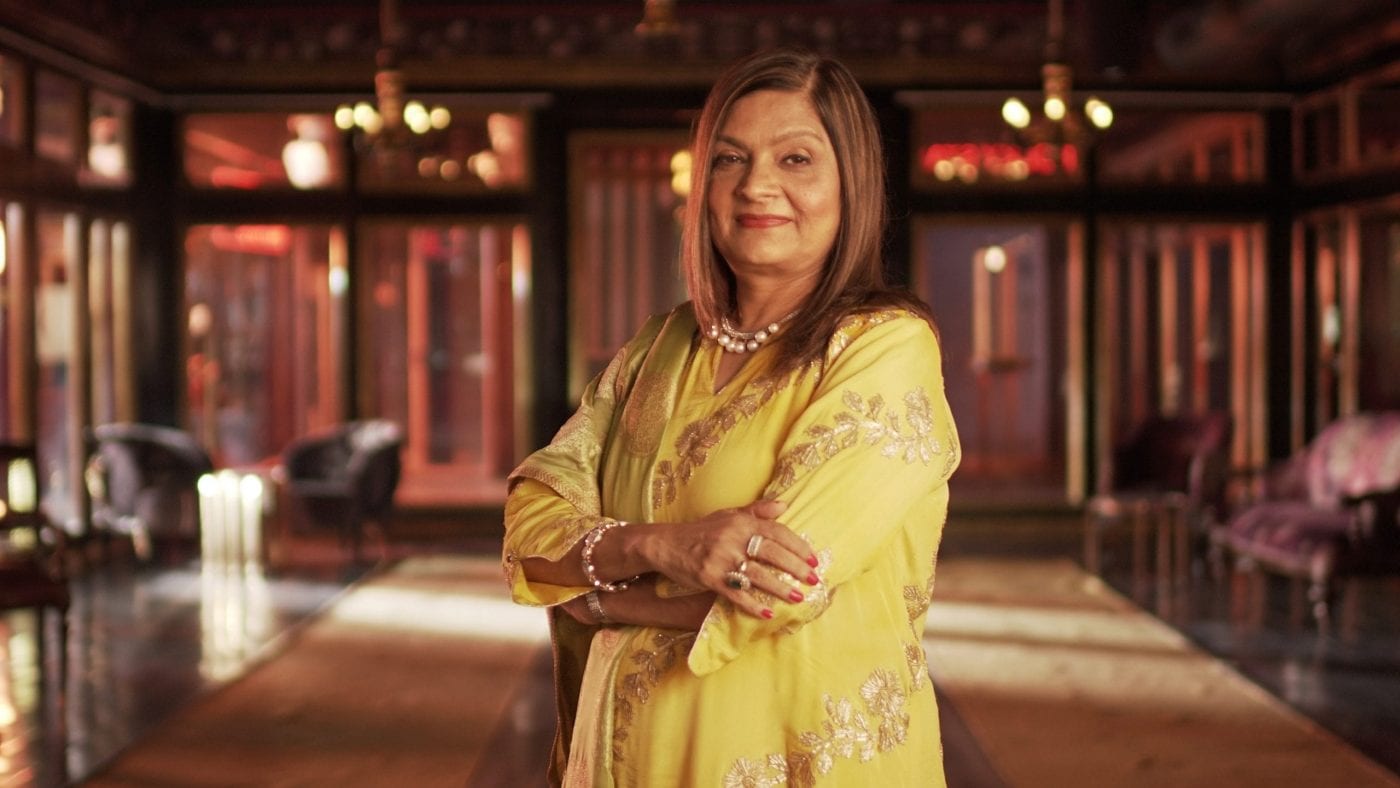
Seeing the other side of the process through the matchmaker’s eyes is quite interesting. The proverbial curtain is raised revealing an intricate system which involves astrologers, face readers, while preferences range from age, occupation, the number of degrees they hold is truly is a wonder. In one scene, her husband helps her pour over her laminated spreadsheets trying to match suitable candidates to each other is indeed quite fascinating.
However within the first 30 minutes of the first episode, I knew exactly where I stood and where Netflix stood when it came to green lighting this project.
This show — from what I gather — is trying to show an authentic way that South Asian families from all walks of life go through when looking for that life partner for themselves or their children. In doing so, it also spotlights some painful truths. Those who abide by the systematic shadist, racist and classist attitudes that the “match” needs to be “fair” and “from a good family”. Yes that mentality is definitely not new for any of us. And seeing it front and centre in this show is a bit of a gut punch but it’s the truth. And seeing it being one of the more common menu items that families refer to when listing their “preferences” in 2020 is shocking. It shouldn’t be. But it hurts. As soon as I saw how casually these code words were being bandied about by most of the client’s parents during Taparia’s initial consult with them my heart sank. Because I eagerly wanted to give this show (and these families) a chance and was excited to watch some light hearted possibly romantic journeys of those who honestly were looking for love. Add to it, being 2020 and all, I expected some evolved thinking from the family side as well as those who were in the market per say. But clearly I was asking for far too much.
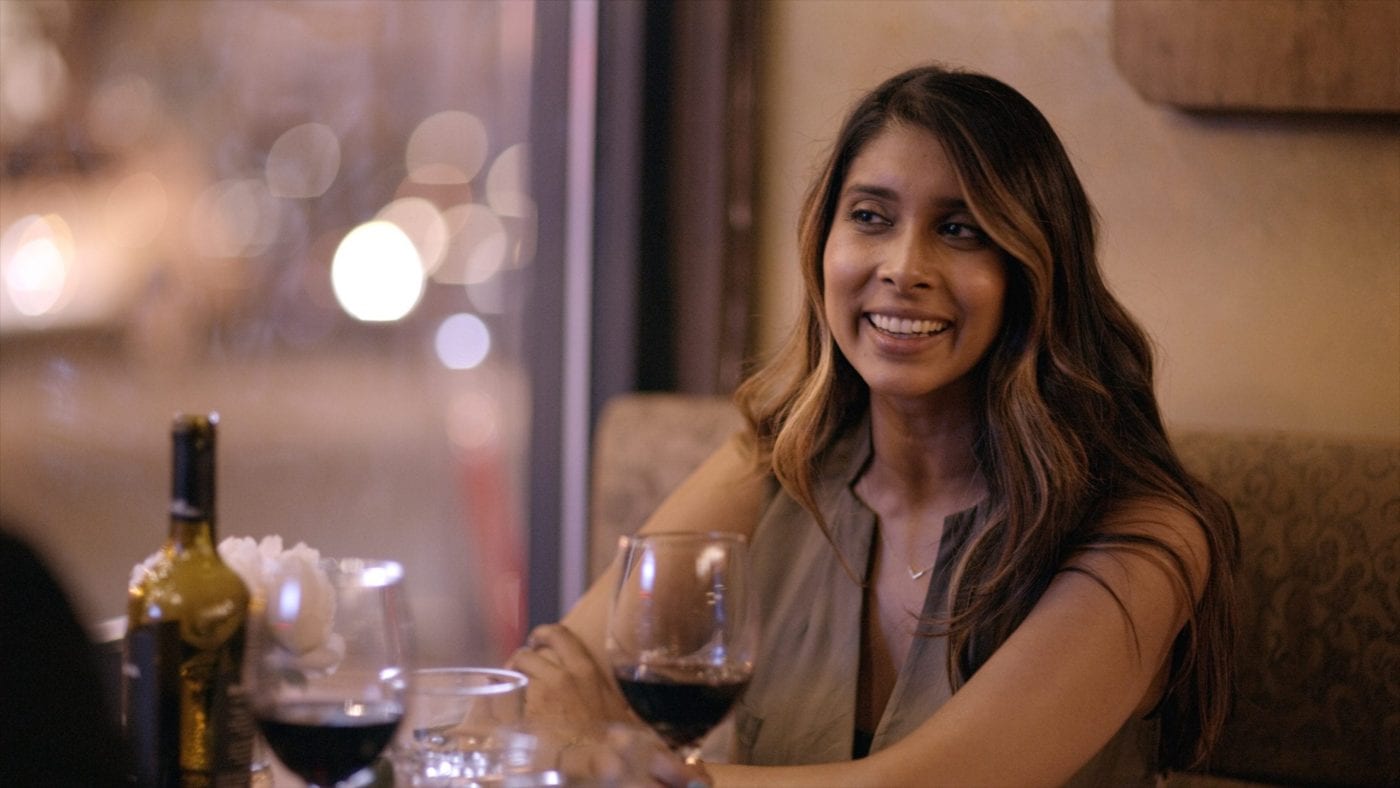
But I was still intrigued and I kept watching Indian Matchmaking hoping to find some glimmer of redemption. As it goes with any reality competition shows (which this is in a way), I immediately decided who I wanted to vouch for and who I wanted to shake some sense into. And of course that was fun. Which is Reality Television 101. Have some villains, some heroines/heroes and let the cards fall where they may.
And the further I went down the episode line I could see Sima expanding her clientele to reflect a sense of diversity in terms of backgrounds by bringing in a few relatable families, as well as a few refreshing personalities, including a pretty fierce entrepreneur Ankita who because of the fact she was always told that she had to lose weight or wasn’t fair enough (ARGH!) decided to pave her own way. There’s also Rupam, who has to battle the negative connotations of being a divorced mom on the dating scene.
But if I had a dime for every time someone counts the number of degrees, the fairness level of a potential match’s skin tone or how the family may not be up to their level … well let’s just say I’D HAVE A LOT OF DIMES.
When we are supposed to be so woke in this current climate of BIPOC awareness, it’s just sad to see such families reverting to the predictable systematic racist and classist attitudes. Similar to zookeepers who needed to point out that not all of them are like the Tiger King, there are those of us who need to do the same with our fellow to non-South Asian viewers. Yes, not all Desi families practice such shadism and classism when looking for that special significant other, but it happens. Maybe alot more than we would like to admit. Having said all of that, it’s without a doubt that it does make for great TV.
Other than some “OMG that’s so true” moments, overall Indian Matchmaking is good to watch either stoned or with a grain of salt. Or both. Which to be honest may be exactly how it should be binged.
Ps. #TeamNadia #TeamAnkita #TeamRampul
Main Image Photo Credit: Netflix
Hina P. Ansari
Author
Hina P. Ansari is a graduate from The University of Western Ontario (London, Ontario). Since then she has carved a successful career in Canada's national fashion-publishing world as the Entertainment/Photo Editor at FLARE Magazine, Canada's national fashion magazine. She was the first South Asian in...

























































